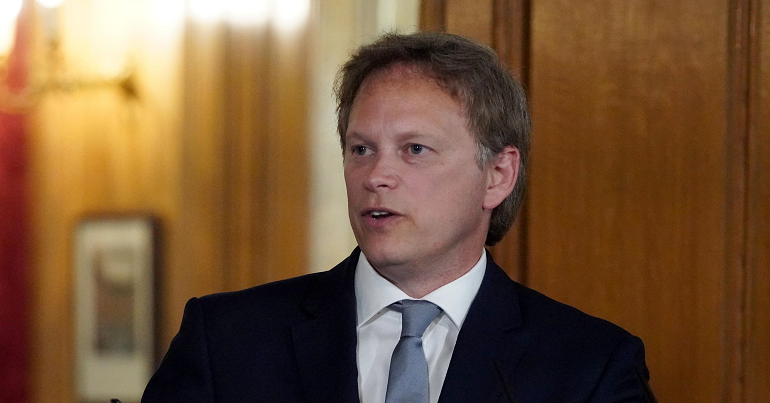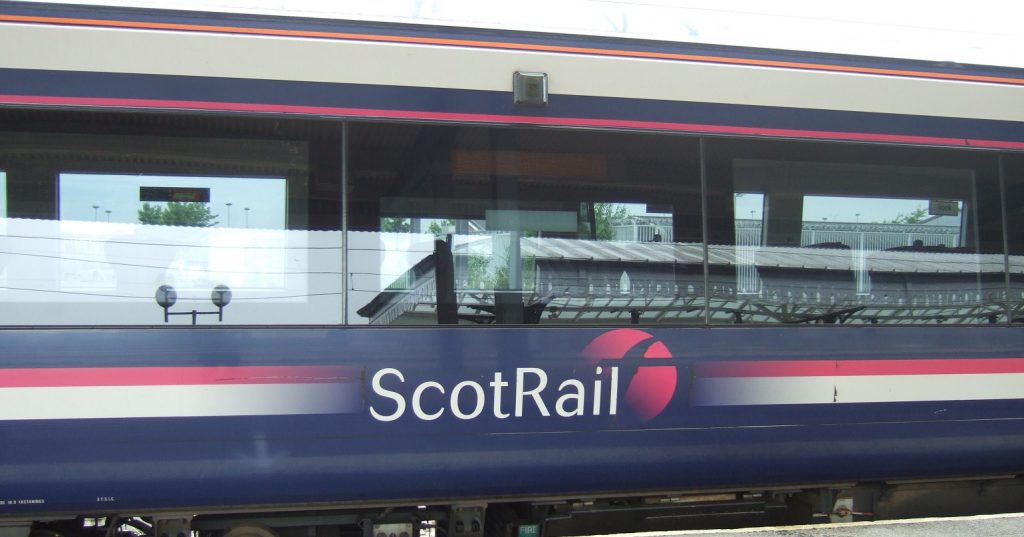We need direct action to overcome the government’s inaction on decarbonising transport

After Extinction Rebellion’s XR actions in 2019, where I was arrested, parliament declared a climate emergency and passed the net zero legislation. Climate change raced up the political agenda. I hoped I could go back to my day job – teaching, researching and writing about sustainable transport. A year later, when I spoke at the UK Climate Assembly, things seemed to be moving in the right direction. The climate emergency has transformed the small world of transport planning. Decarbonising as fast as possible is now the profession’s top priority, although transport remains the biggest contributor to UK carbon emissions. Not much has changed on the ground, as yet.
As the evidence of climate breakdown grows more worrying week by week, last month the government published its long-delayed ‘Transport Decarbonisation Plan‘. That document removed any doubts that I must, once again, join XR on the streets of London in a few days’ time.
Commentary on the hoof
The plan was published on the afternoon of July 14, but most of the news stories about it were written the day before. This culture of commentary on the hoof helps governments and other powerful bodies to manipulate the news agenda and avoid too much scrutiny. You might remember a few headlines about transport secretary Grant Shapps banning the sale of diesel trucks or reassuring Britain’s motorists that “we are not anti-car.” In the parliamentary debate, the shadow transport secretary Jim McMahon attacked the plan, which he hadn’t read, based on a quick sight of a ministerial statement. All the usual commentary came from the usual sources before media and political attention moved on.
To understand what the government is really planning for transport, you have to read across several documents, which very few ‘normal people’ and even fewer journalists, politicians or commentators will ever do. I had to read them all because I was preparing to give evidence to the inquiry into Bristol Airport’s expansion plans. The fact that we are still trying to fight airport expansion, instead of planning airport contraction, says much about the government’s attitude so far.
A provisional victory
If you wanted to look for some positives in the Decarbonisation Plan it does provide official support for sustainable transport and urban traffic reduction. Its number one ‘strategic priority’ is “accelerating modal shift to public and active transport”. That statement should empower transport planners trying to persuade reluctant local politicians, particularly in Conservative authorities, that they now have government backing.
The plan begrudgingly hands a provisional victory to the Transport Action Network, who challenged the government’s road building plans in the high court last year. Documents released in February showed how Shapps dismissed environmental advice from his own officials about the need to review their £27bn road-building programme. The Decarbonisation Plan says they will now review the National Policy Statement, which supports that programme. I call this a “provisional victory” because the plan offers little hope of a major U-turn on “our ambitious roads programme.”
Warm words and exhortations
In the introduction, Shapps sets the tone for the rest of the plan, which is “not about stopping people doing things.” Although they “want less traffic in urban areas” it is difficult to see how this plan would achieve that. In fact, most carbon emissions come from longer journeys, which pass outside urban areas. The only policy likely to have much impact on those is the road-building programme.
Peppered between warm words and exhortations, the plan announces 13 different consultations and a few minor commitments. Some of these make sense, but even if they all led to firm action, they would not reach the carbon reduction targets required by law. The Sixth Carbon Budget passed by parliament earlier this year requires the UK to cut its emissions by nearly two-thirds between 2019 and 2033. That will be challenging, though it’s still not fast enough. In this race against time, immediate measures are much more valuable than promises to do things in future. That is where this plan entirely fails.
Among the consultations the only ones likely to make much difference to emissions are a proposal to stop the sale of diesel trucks and buses by 2040 and a requirement for car manufacturers to gradually increase the share of zero emission cars they sell each year. The first of those is two decades away, the second would make little difference in the short-term.
Independent assessments, including the estimates of the official Climate Change Committee, have all concluded that electrification will not happen fast enough to reach the carbon targets without significant cuts in traffic volumes. Nothing in this plan would achieve that. As I explain in Urban Transport Without the Hot Air, improvements to public transport or cycling on their own make little difference to traffic volumes. If you want to cut traffic, you have to do it directly, through pricing or reductions in road capacity or reductions in car ownership. In the longer-term we could change the structure of cities and neighbourhoods to reduce travel distances but we have run out of time for long-term solutions.
Risk takers
UK governments have acknowledged the threat of climate change and the need for action since Margaret Thatcher addressed the UN assembly in 1989. They have only had 32 years, so perhaps I am being unreasonable to expect action any time soon.
The weakest part of the plan relates to aviation. One of the consultations, called Jet Zero, aims to cut aviation emissions in the future (they can carry on rising for now) through new technologies “without the Government needing to intervene directly to limit aviation growth”. The supporting evidence published alongside the plan rates the assumptions behind this belief as “optimistic” and the hoped-for technologies as highly uncertain. But then, politicians love risk takers; if the stakes are high (and destruction of human habitats seems pretty high) why not take a chance?
My recent research, and my latest book, have turned towards protest movements. What difference do they make? Is there a formula for success? Throughout history, protest movements have made a difference, although the path between actions and outcomes is strewn with uncertainty and unintended consequences. I don’t know what difference XR’s latest actions will make, but I cannot just continue doing my day job, hoping that someone in power will have a change of heart. If you feel the same frustration, then please join us in London between August 23 and September 3.
PS. We hope you enjoyed this article. Bright Green has got big plans for the future to publish many more articles like this. You can help make that happen. Please donate to Bright Green now.
Image credit: Number 10 – Creative Commons




Leave a Reply